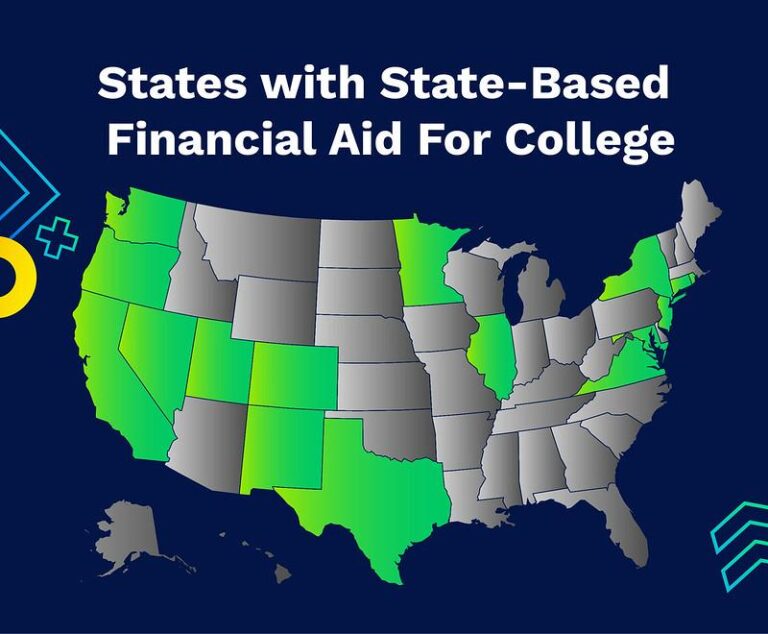University of Texas Halts Scholarship and Support Services for Undocumented Students Amid Statewide DEI Restrictions
The University of Texas has recently announced the termination of its scholarship and support initiatives specifically aimed at undocumented students. This decision aligns with Texas’ newly enforced restrictions on Diversity, Equity, and Inclusion (DEI) programs within public educational institutions. The cessation of these resources has ignited widespread concern regarding the accessibility of higher education for undocumented students and the broader implications for campus inclusivity under the evolving state policies.
Termination of Undocumented Student Support: A Closer Look
Following directives from Texas state authorities limiting DEI efforts, UT has discontinued its dedicated financial aid and support services for undocumented students. These programs previously offered vital assistance, including tuition scholarships, personalized mentoring, and legal guidance tailored to the unique challenges faced by this student group. The abrupt removal of these resources threatens to increase financial burdens and reduce academic support for undocumented enrollees.
- Financial Assistance: Scholarships that alleviated tuition costs for undocumented students have been eliminated.
- Legal Aid: Access to immigration-related legal counseling has been withdrawn.
- Mentorship Programs: Customized academic mentoring designed to enhance student success is no longer available.
| Support Element | Current Status | Resulting Effect |
|---|---|---|
| Scholarships | Discontinued | Increased financial strain on students |
| Legal Services | Ended | Reduced immigration support |
| Academic Mentoring | Suspended | Fewer tailored educational resources |
Consequences for Undocumented Students and Campus Diversity
The elimination of these targeted programs raises significant concerns about equitable educational opportunities at UT. Advocates warn that undocumented students will face heightened obstacles, including diminished financial aid, lack of specialized academic support, and increased stress, all of which may contribute to lower retention and graduation rates. This setback not only affects individual students but also undermines the university’s broader mission to cultivate a diverse and inclusive academic community.
Beyond the immediate impact on undocumented students, the discontinuation of these initiatives threatens to erode the cultural richness and diversity of the campus environment. The previous programs played a crucial role in promoting representation and fostering cross-cultural dialogue. Their absence could lead to:
- Declining Diversity: Reduced enrollment and persistence of undocumented and other underrepresented students.
- Weakened Community Bonds: Loss of platforms that encouraged solidarity and advocacy among marginalized groups.
- Recruitment Challenges: Potential deterrence of prospective students who value inclusive campus climates.
| Area Affected | Likely Outcomes |
|---|---|
| Financial Support | Sharp decline in aid availability for undocumented students |
| Academic Resources | Reduction in specialized tutoring and mentorship |
| Campus Inclusivity | Lower participation and engagement from diverse student groups |
Reactions from Student Organizations and Immigrant Advocacy Groups
Campus-based student organizations have voiced strong opposition to UT’s decision, emphasizing the critical role these programs played in supporting undocumented students’ academic and personal development. Leaders from groups such as the UT Undocumented Students Alliance expressed that the removal of these resources not only disrupts educational trajectories but also sends a discouraging message to immigrant communities.
Similarly, immigrant rights organizations have condemned the policy shift, highlighting its detrimental effects on educational equity. Many warn that Texas’ DEI ban could set a precedent, encouraging other states to adopt comparable restrictions that marginalize undocumented youth nationwide. Below is a summary of responses from prominent advocacy groups:
| Organization | Main Concern | Recommended Actions |
|---|---|---|
| National DREAM Coalition | Elimination of essential financial aid | Advocate for legislative reversal at the state level |
| Hispanic Education Advancement Fund | Reduced inclusivity and access | Establish emergency private scholarships |
| Immigrant Justice Alliance | Negative impact on institutional policies | Initiate legal challenges and awareness campaigns |
Policy Recommendations to Protect Educational Equity and Inclusion
In light of these challenges, it is imperative for policymakers to enact robust protections that ensure undocumented students maintain access to scholarships, financial aid, and specialized support regardless of shifting political climates. Legislative frameworks should explicitly safeguard these programs from being dismantled due to ideological changes, thereby guaranteeing continuity in educational opportunities.
Moreover, diversifying funding sources is essential to reduce reliance on state budgets vulnerable to political influence. Universities can partner with private foundations, community groups, and alumni networks to establish sustainable financial support systems. An illustrative funding model might include:
| Funding Source | Approximate Share |
|---|---|
| State Grants | 40% |
| Private Foundations and Nonprofits | 30% |
| Alumni Contributions | 20% |
| Community Fundraising Initiatives | 10% |
Implementing such multifaceted strategies can help institutions uphold their commitments to diversity and inclusion, even amid restrictive legislative environments.
Conclusion: Navigating the Future of Inclusivity at UT
The University of Texas’ recent decision to terminate scholarships and support programs for undocumented students signifies a pivotal change in its diversity and inclusion policies, reflecting the broader impact of Texas’ ban on DEI initiatives. As the state’s higher education landscape adapts to these new mandates, the prospects for undocumented students at UT remain uncertain. Continued advocacy and policy innovation will be crucial to safeguarding equitable access and fostering an inclusive academic community in Texas’ public universities.







